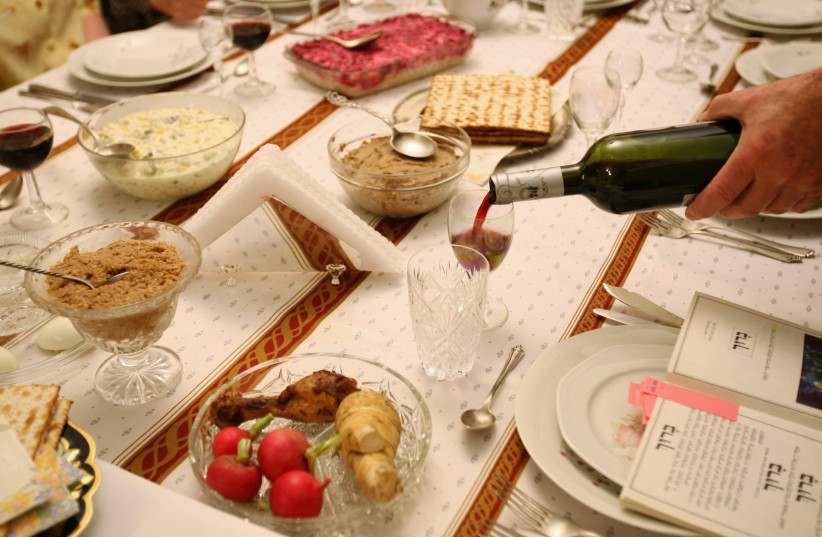Jews are used to treating slavery as a thing of the past. We watch movies about slaves in the cotton fields of America and read about the distant history of our people as slaves in Egypt on Seder night. Spoiler alert: your chocolate-covered matzah is about to taste bitter because it is made from cocoa harvested by children in slavery.
Two million boys and girls, some as young as five, work in deplorable conditions in the cocoa plantations in the Ivory Coast and Ghana, the world’s leading cocoa exporters.
We Israelis love chocolate. We consume over 62 million chocolate bars a year, the vast majority (60%) of which is produced from cocoa that comes from Ghana and Ivory Coast. Cocoa farmers in these countries, who are already suffering from the effects of the climate crisis such as droughts and floods, receive a dollar a day for their hard work, which includes sowing, growing, plucking and processing the cocoa beans.
The poverty in which they find themselves causes them to send their children to work on the cocoa farms instead of going to school – a job that often endangers the children because they are forced to work with machetes, chemicals and more.
Last week we were all excited to hear the youngest child in the family bursting into song singing “Ma Nishtana,” what has changed? She was taught well in kindergarten. But what has really changed when it comes to child labor? It has only increased.

Do children of her age in the Ivory Coast also deserve to sing and celebrate, and not work for 16 hours a day? Don’t they also deserve to have a change from all the nights when they cry from the pain in their backs and hands from carrying heavy weights?
We can no longer ignore the fact that while we are celebrating our Freedom Festival, we are consuming chocolate harvested under conditions of slavery and child labor.
THERE IS an alternative to this. “Fair Trade” is a mark found on many chocolate products, like Oreo, Milka, Tony’s and more. It guarantees that farmers who grow cocoa offer a fair price for their goods, so parents can send their children to school instead of work.
Fair Trade, founded over 30 years ago, has managed to make a difference in the lives of millions of cocoa farmers in Ghana, Ivory Coast and elsewhere. It is a trusted certification that every step of the production of cocoa is slave-free.
Yet we here in the Promised Land are part of the child-slave industry. There is no Israeli chocolate brand that is slave-free; this is also true of Kosher for Passover chocolates in the US, such as Bartons, with the notable exception of Equal Exchange treats.
All our favorite cow-branded chocolate could be slave-free, if Strauss decides that farmers in Ghana and Ivory Coast deserve fair conditions. The Shahar chocolate company, which represents the Israeli taste for most of us, can follow in the footsteps of dozens of chocolate spread brands around the world and move to producing under fair trade conditions, without slavery.
But Strauss, Shahar, Tnuva and Osem will not go slave-free unless we demand this of them – all of us.
This Passover, we demand that Israeli and kosher chocolate companies ensure that by next Passover, their chocolate will be 100% slave-free. If not, when we gather next year to celebrate our freedom, we will call on the Israeli and Jewish public to boycott Israeli and kosher chocolate products that do not have the Fair Trade mark.
Slave-produced chocolate should be deemed as treif. The Jewish people, as the descendants of Moses, should not celebrate our redemption from slavery by purchasing slave-produced chocolate. If the Israeli and Jewish public demand sweet justice, then next Seder night can very much be different.
Yosef Israel Abramowitz is a board member of Life & Environment, the umbrella organization of environmental organizations in Israel. Raz Frogel serves as founder and CEO of Israel Fair Trade.
